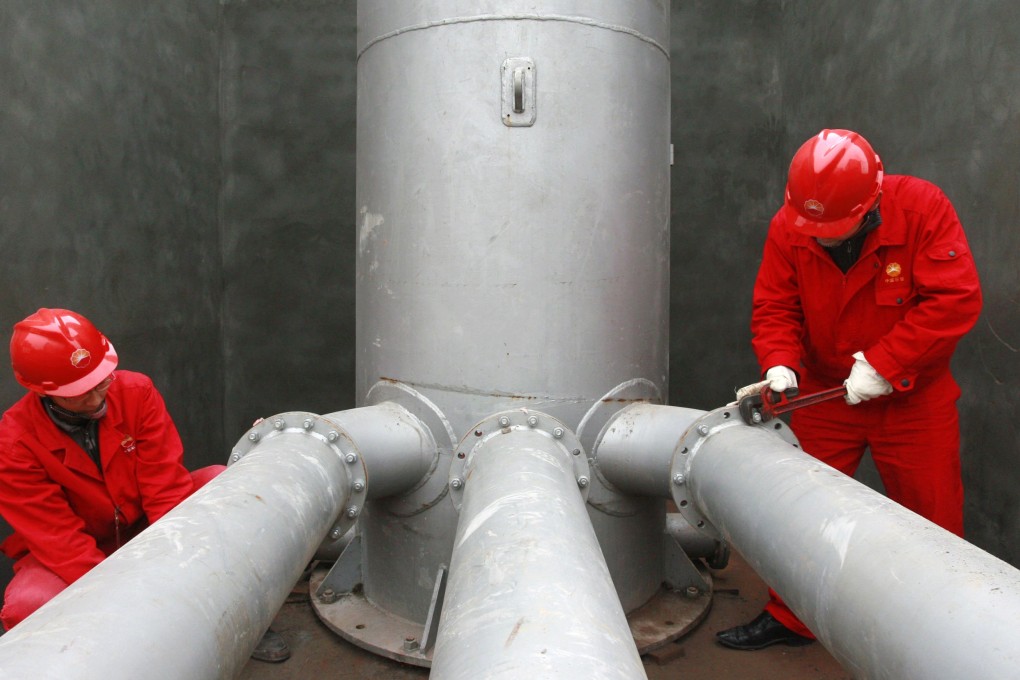Overseas acquisitions by Chinese companies bolster national plan to play catch-up
Hongyi Lai says its dazzling investments, such as in oil and gas, nevertheless face challenges

Over the past few years, China has become a major new player in global investment outflows. Since 2012, it has been the third-largest outward investor, just behind the US and Japan. Last year, its outward foreign direct investment hit US$101 billion, up from US$88 billion in 2012.
In tandem with this surge has been the aggressive global quest by China's oil and gas companies. From 2011-13, upstream merger and acquisition deals by China's national oil and gas companies and smaller firms accounted for 27 per cent, 18 per cent and 38 per cent respectively of China's outward foreign direct investment; a sizable share. In response, some analysts sounded the alarm that the Chinese were buying up the world and pocketing oil and gas stakes around the globe.
China has made quite a journey from 1992, when the Communist Party first urged firms to "expand overseas investment and multinational management". The turning point came in 2008, when outward foreign direct investment nearly doubled, to US$55.9 billion from a year earlier, whereas that of major Western countries declined.
Chinese corporations have expanded overseas to access international markets, avoid intense domestic competition, reduce production costs, and obtain advanced technology and valuable raw materials.
Two considerations are important for China's oil and gas merger and acquisition projects: acquiring raw materials such as oil, oil sands and gas fields; and acquiring strategic assets such as advanced technology and management, valuable equipment and facilities, distribution networks and brands.
In a study undertaken by myself and two other University of Nottingham academics, we found that the China National Petroleum Corporation (CNPC) showed a greater interest in natural resources whereas China Petroleum & Chemical Corp (Sinopec) overwhelmingly focused on strategic assets.
Why the different focus? According to our study, CNPC, whose main strength is in exploration and extraction, could use its strength in the upstream business to seek natural resources such as oil and gas fields in their international merger and acquisition projects. On the other hand, Sinopec could consolidate its primary position in the downstream business by obtaining distribution networks and technology.
